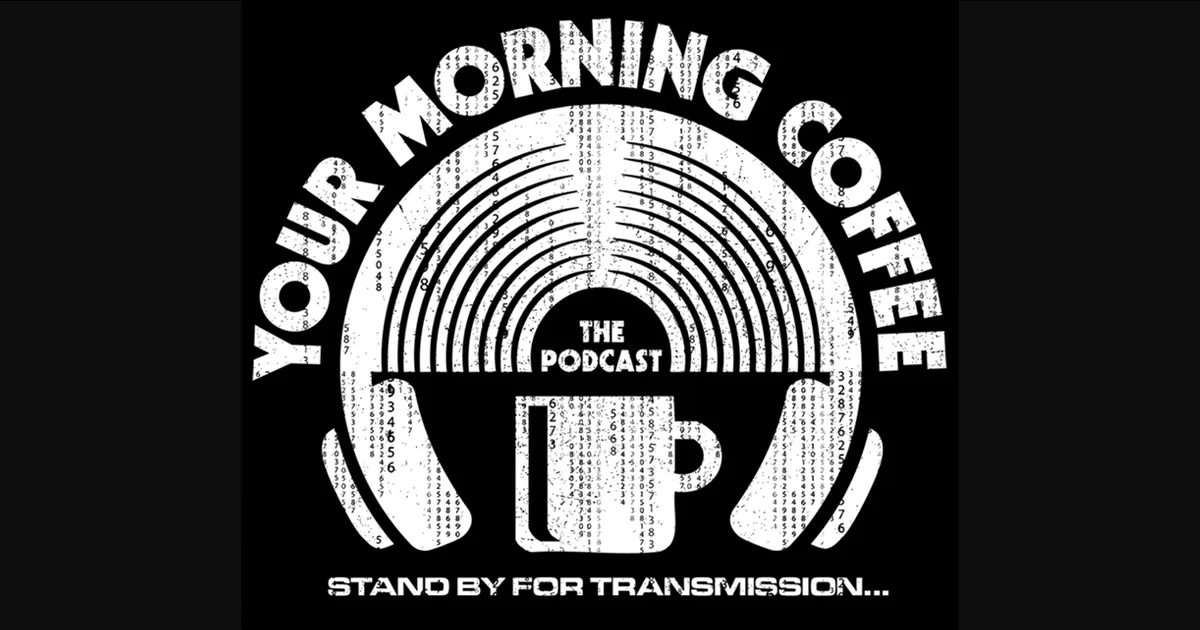_______________________________
Guest Post by Tim Cushing on TechdirtDarlene Love, the voice on the Phil Spector-produced hit "He's A Rebel," is suing Google and its ad producer, 72 & Sunny, for violating her publicity rights by using a song she recorded in one of its ads without her permission. The lawsuit seems to revolve around California's much-maligned "right of publicity" law, which allows plaintiffs to sue entities for using pretty much anything about them, rather than just for bog standard copyright infringement. That's going to be key because it seems clear Google cleared the rights to use a song of hers in its Nexus ads. That would just leave the extra "permission" Love feels she's been screwed out of: the "right" to block Google from using a legally-licensed track.A voice does not end up in a commercial advertisement by accident. Rather, a number of people are involved in the creation of commercials. The voice of a famous performer, singing a famous song is selected for the express purpose of trading on the performer’s goodwill. Defendants consciously and deliberately selected Love’s vocal performance of It’s a Marshmallow World for their commercials. However, Defendants refused to take any steps to obtain Love’s consent and had no reason to believe she had or would consent to such use. Instead, Defendants took deliberate measures to evade contacting her or obtaining her permission.Love's voice was used, as it was part of the licensed track. Her goodwill remained where it always was — loaded like a spring trap, apparently. She accuses Google of deliberately using a non-union ad producer to ensure her union-granted "rights" (whatever they are…) were routed around.An honest company, doing business in good faith, would not attempt to deprive Love of the benefits of the union protection and would have engaged a SAG-AFTRA affiliated advertising agency so that the performer (and the background singers) would receive at minimum, the union-mandated benefits.So… medical coverage? Prevailing wages? This part isn't explicitly spelled out, but Eriq Gardner points out that union members may be eligible for separate payments. But Love's lawsuit never claims Google refused to pay her. She only alleges it did not seek her permission to use her "goodwill."Defendants actions were despicable and in conscious disregard of Love’s rights. They turned her into an involuntary pitchman for products of dubious quality. They created a commercial that falsely implied to the public that Love had endorsed Google’s products.Related articles









